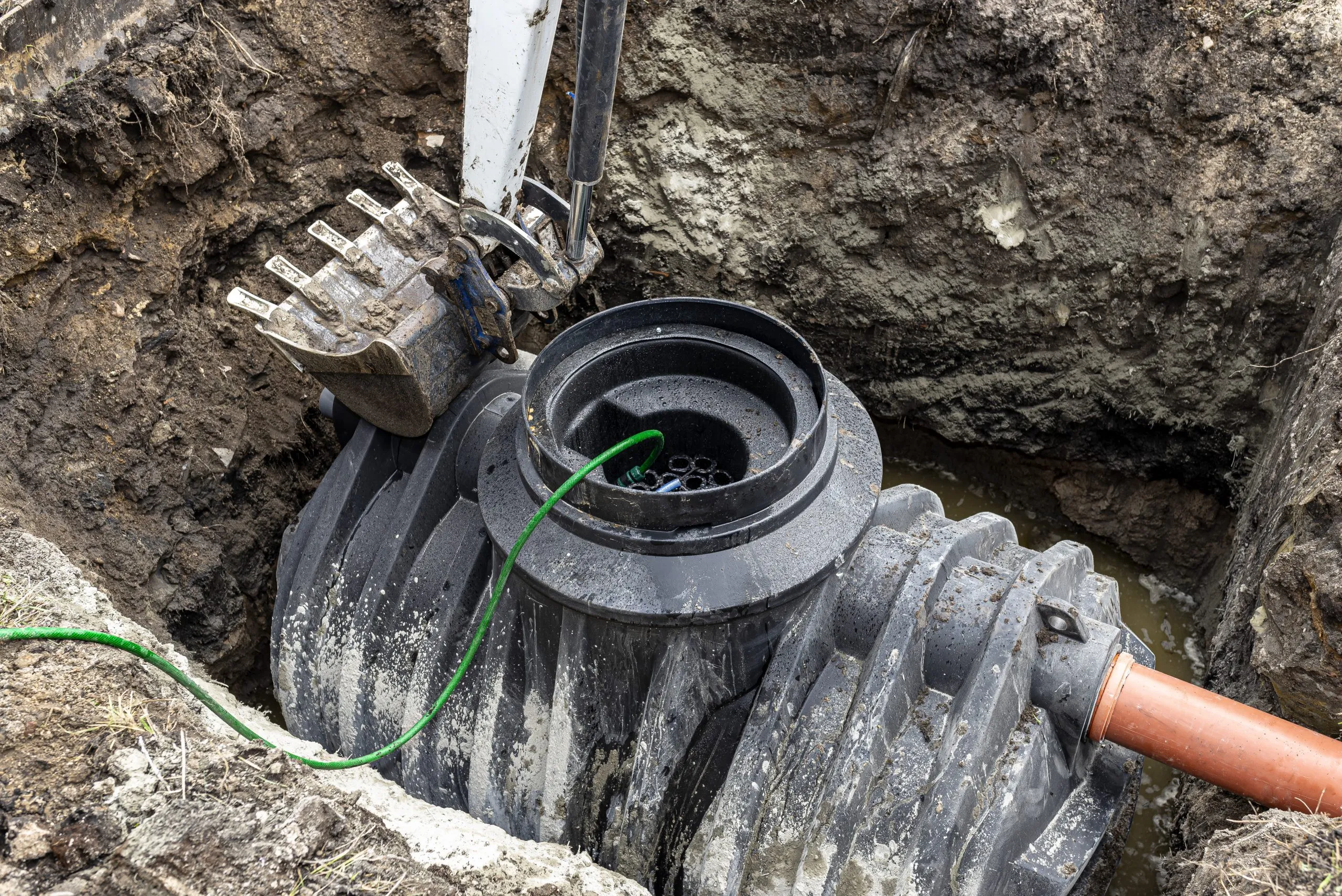Understanding the components and function of home septic systems is essential for homeowners. These systems, typically comprised of a septic tank and a drain field or leach field, operate on principles of gravity and natural bacterial decomposition. Wastewater from the house flows into the septic tank, where solids settle and decompose; the effluent then moves to the drain field for further treatment.
The effectiveness and longevity of a septic system are significantly impacted by its use and care. Including regular professional upkeep, such as septic tank pumping, is vital. Properly maintained, these systems serve as a reliable and eco-friendly waste management solution, especially for rural homes where municipal sewer services might be unavailable.
Recognizing the Signs of Septic Issues
One of the first steps in proactive septic system care is recognizing potential problems early. Warning signs include the slow draining of toilets and sinks, gurgling sounds within the plumbing, unpleasant odors around the tank or drain field, and standing water or overly soggy ground near the system. If the grass near your septic tank appears unusually lush and green, it could suggest effluent spillage, indicating that the system is at capacity or malfunctioning. These indicators not only signal a need for immediate attention but also can help homeowners avoid the trouble and expense of a total system failure. In some cases, early detection and rectification can prevent environmental hazards, such as the contamination of nearby wells and watercourses.
The Role of Routine Maintenance
Consistent maintenance is the linchpin holding the intricate septic system together. By scheduling routine inspections and pumping, homeowners can ensure their systems stay strong under excessive loads or accumulate too much sludge, inhibiting performance. If applicable, a healthy septic system should also regularly check its mechanical components, like pumps or aerators. Managing what goes down the drain is another critical aspect of routine maintenance. Simple changes, like reducing garbage disposal and not flushing hygienic products or chemicals, can vastly improve the lifespan and function of a septic system.
Best Practices for Septic System Care
To extend the life and functionality of your septic system, the following best practices should be adopted:
- Be conservative with water usage—repair leaks and install water-efficient fixtures to reduce the strain on your septic system.
- Avoid flushing anything aside from human waste and toilet paper. Never flush plastics, paper towels, or so-called ‘flushable’ wipes.
- Direct rainwater away from the drain field to prevent saturation, which could slow the treatment process.
- Be mindful of plant roots and landscaping near your septic system. Some plant species can damage the pipes and tanks with intrusive root systems.
Integrating these practices into daily life will help maintain the delicate biological balance required for a septic system to process waste effectively.
Understanding the Science Behind Septic Systems
A septic system functions at its core thanks to the thriving ecosystem within. Microorganisms within the tank decompose organic waste matter, reducing the volume of solids while the liquid component flows out to the drain field. Regular maintenance through residential septic services is crucial to maintain this balance; if the bacterial ecosystems become disrupted by harmful chemicals or overuse, the system’s efficiency can be compromised. Awareness of this intricate biological interplay, supported by scientific research, drives the importance of pumping and maintaining septic systems. Adhering to maintenance recommendations promotes proper system function and can prevent costly damage or environmental impact.
How Often Should Septic Tanks Be Pumped?
Average recommendations suggest septic tanks require pumping every three to five years, but this time frame can vary based on household size, the amount and type of waste produced, and the tank’s capacity. Regularly pumping a septic tank prevents the buildup of sludge and scum that cannot be decomposed, which can cause blockages and backups. When determining the correct frequency for your system, it’s best to consult professionals who can evaluate your personalized use and recommend a maintenance schedule to help avoid malfunctions or unsanitary septic overflows.
The Importance of Professional Assistance
Though homeowners can manage some aspects of septic system maintenance, there is no substitute for professional assistance from licensed septic service firms. These professionals have the expertise needed to assess the structural and functional health of your system and can suggest the best practices for your particular needs. Certified technicians have the tools and knowledge required for septic tank pumping, repairs, or replacements. Furthermore, they can guide appropriate landscaping, fixture choices, and daily usage to keep your system in shape. For further guidance, the Environmental Protection Agency offers extensive resources to educate on proper care and best practices for septic systems.




